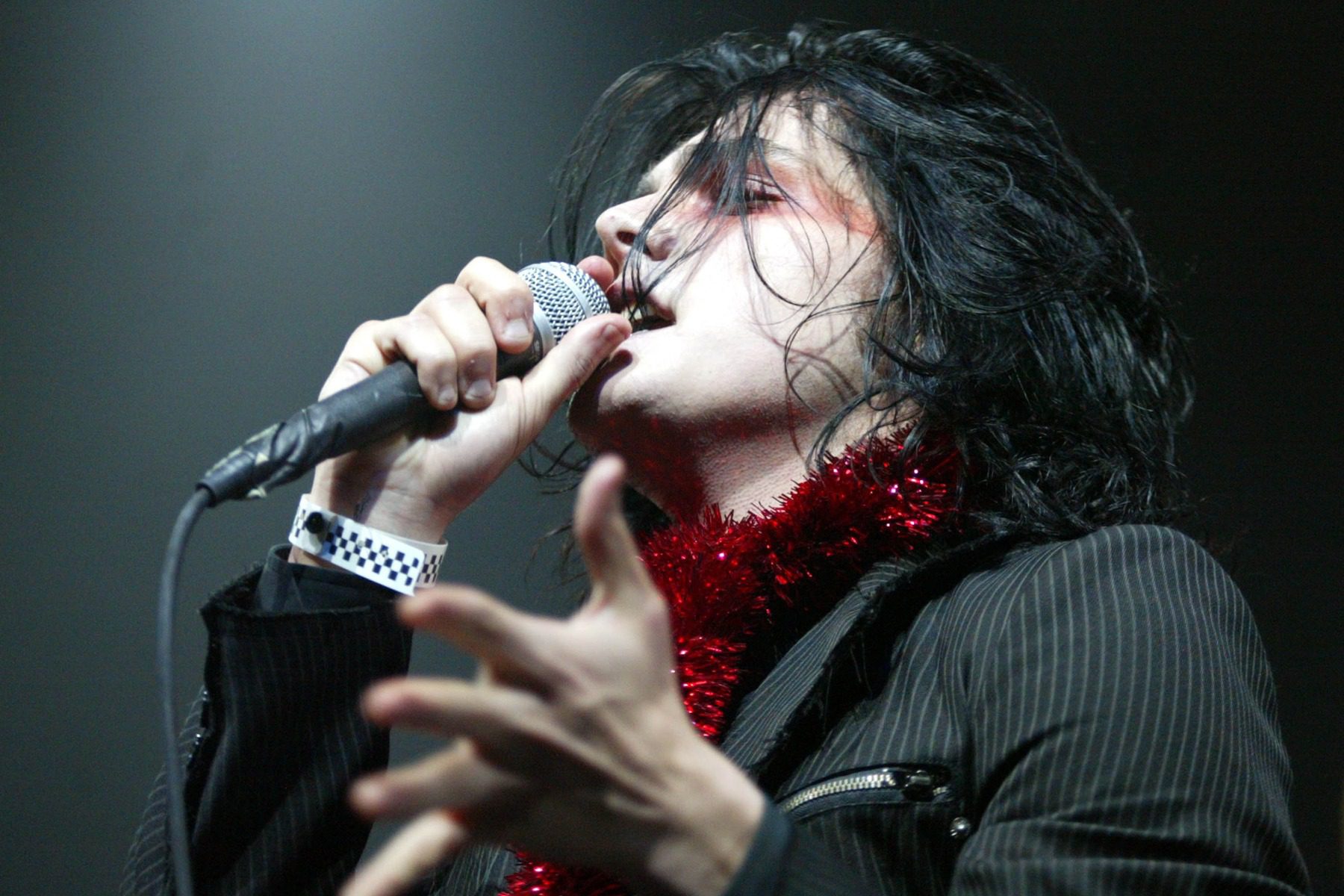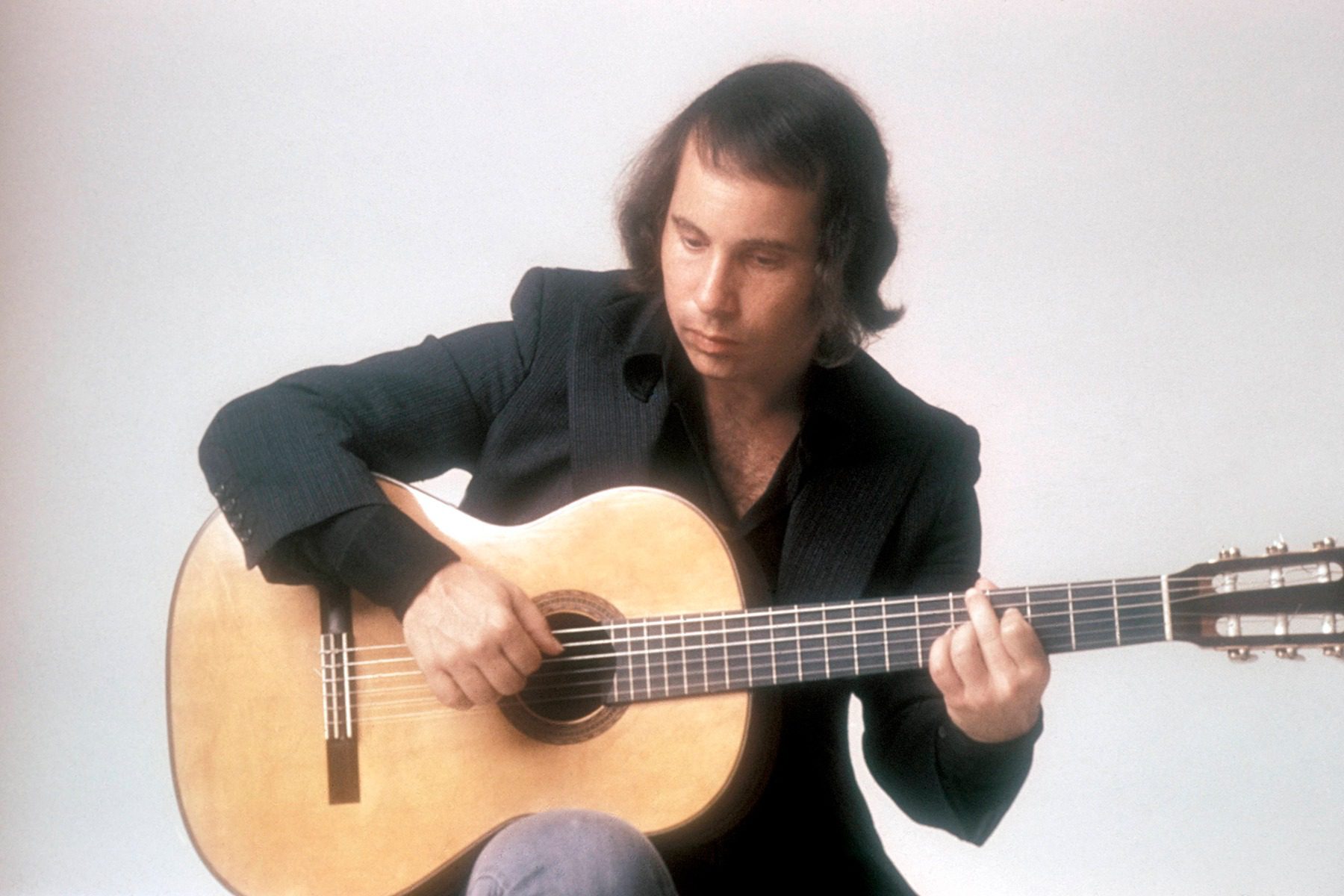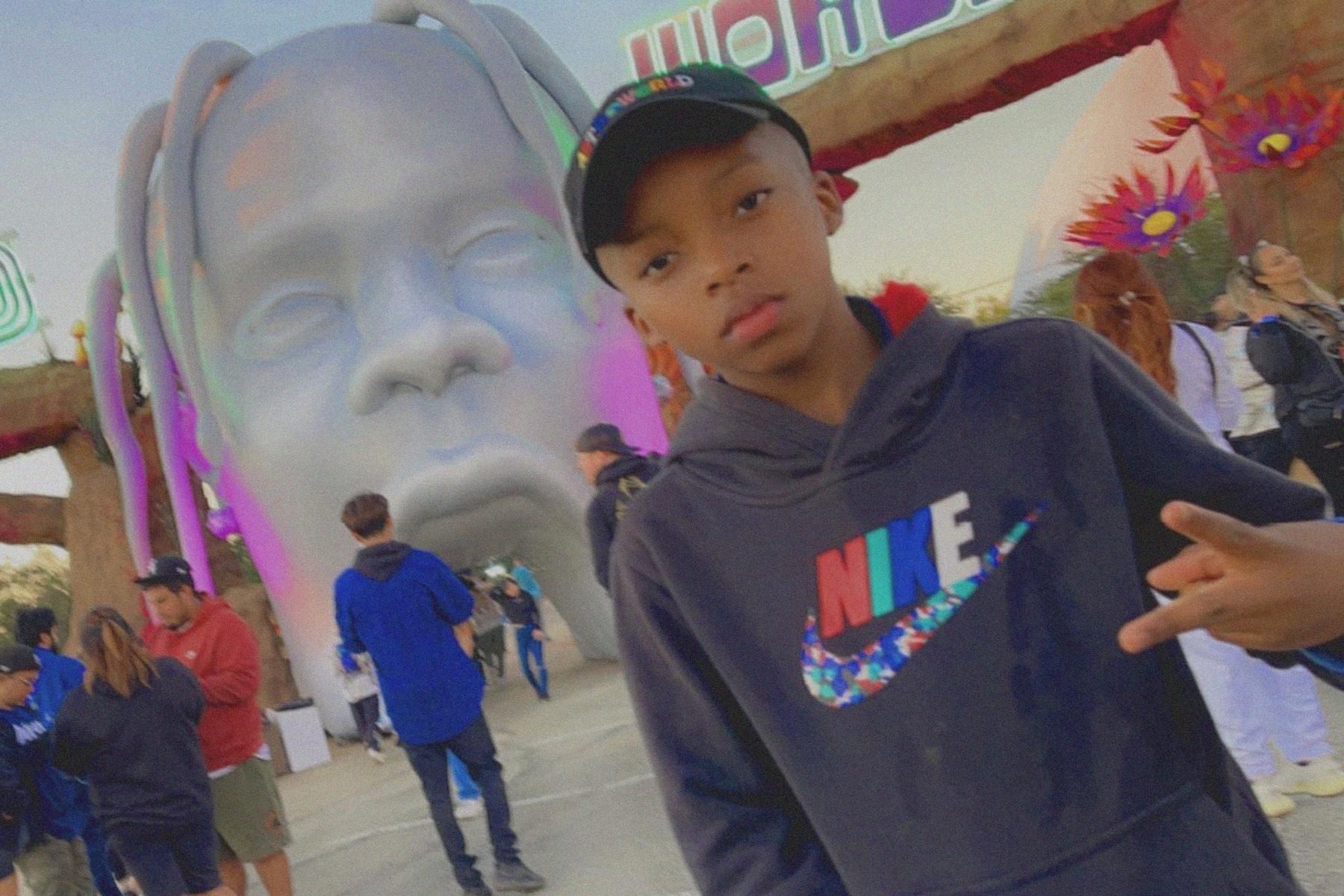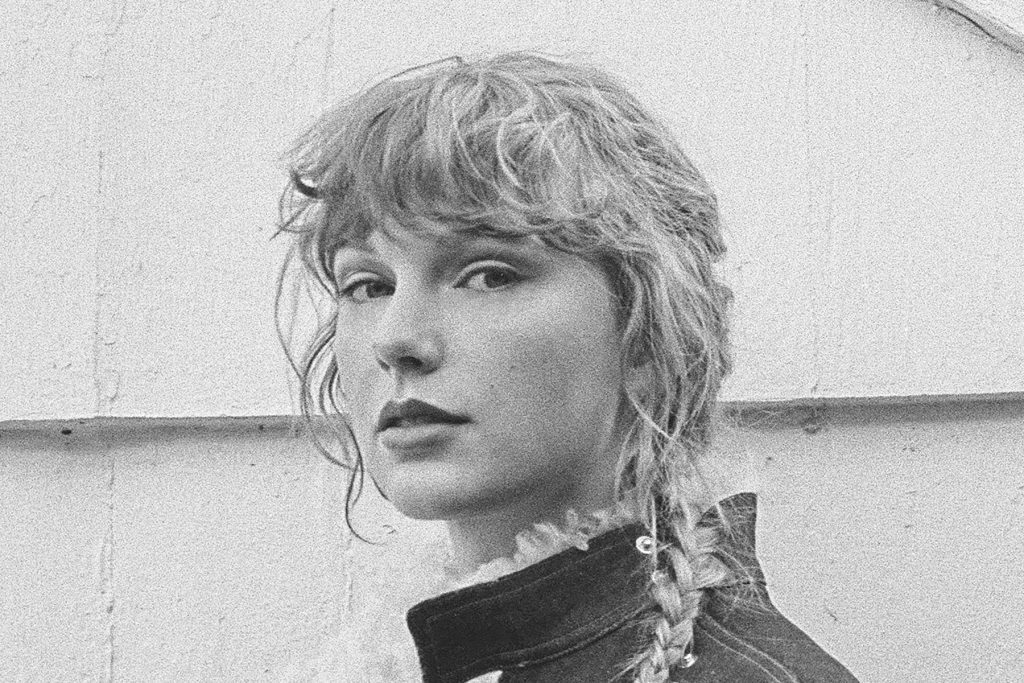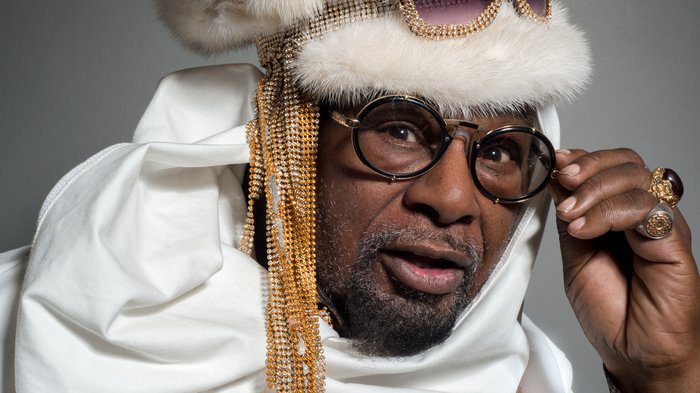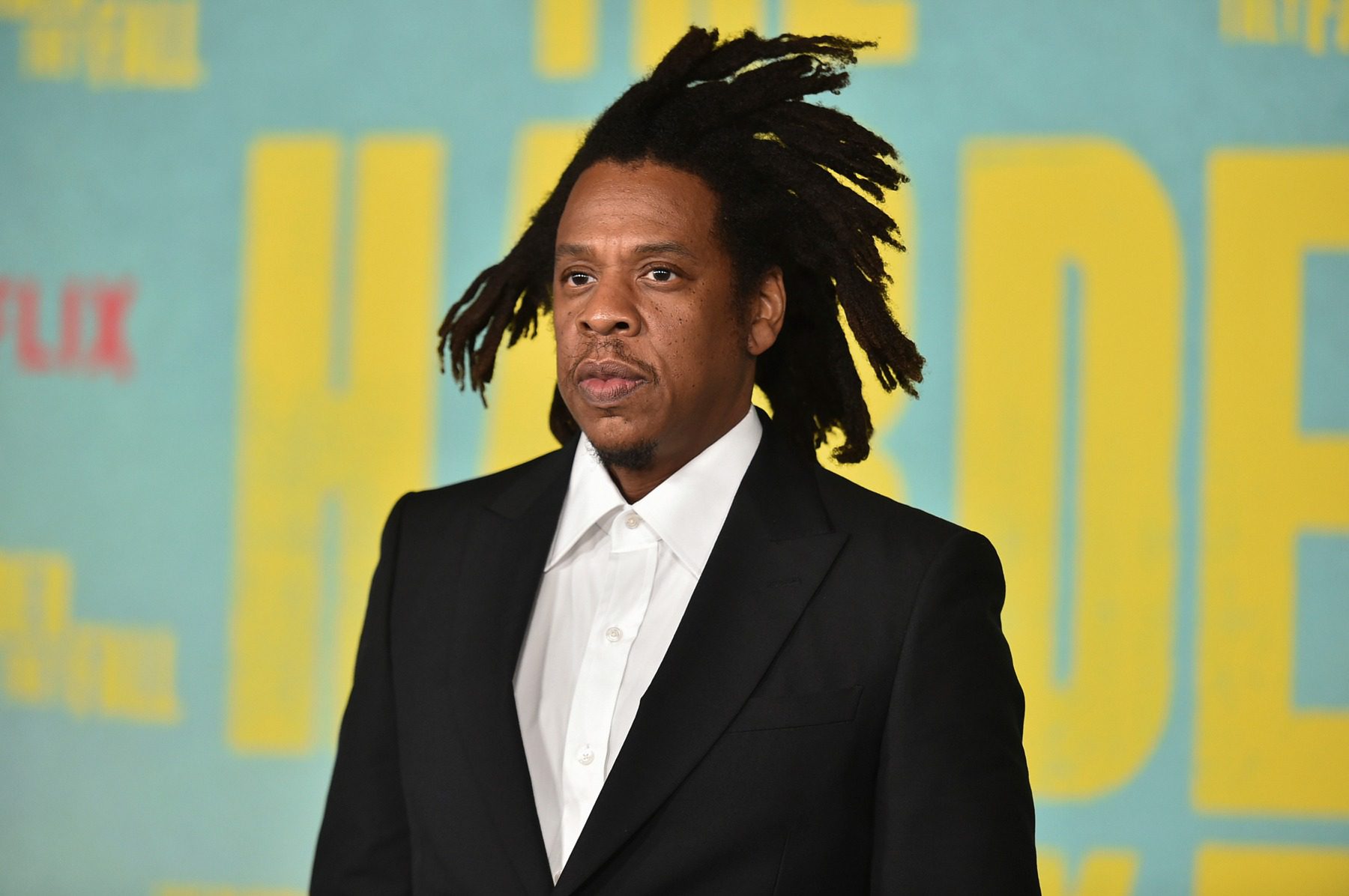
Jay-Z and Meek Mill Team Up to Block Rap Lyrics From Being Used in Court
Jay-Z is leading a list of music industry titans throwing their support behind a proposed New York state law that aims to stop prosecutors from using rap lyrics as purported blueprints to alleged crimes, IndieLand has learned.
The rap superstar, born Shawn Carter, is teaming up with Meek Mill, Big Sean, Fat Joe, Kelly Rowland, Yo Gotti, Killer Mike, Robin Thicke, and others as celebrity signatories on a new letter urging state lawmakers — and ultimately Gov. Kathy Hochul — to make the recently proposed bill titled “Rap Music on Trial” (S.7527/A.8681) a state law.
The legislation, first unveiled in November, successfully sailed through the Senate Codes committee on Tuesday, marking its first step toward getting a full vote on the senate floor.
“This is an issue that’s important to (Jay-Z) and all the other artists that have come together to try to bring about this change. This is a long time coming. Mr. Carter is from New York, and if he can lend his name and his weight, that’s what he wants to do,” Jay-Z’s lawyer Alex Spiro, a partner at Quinn Emanuel Urquhart & Sullivan, tells IndieLand.
blogherads.adq.push(function () {
blogherads
.defineSlot( ‘medrec’, ‘gpt-dsk-tab-article-inbody1-uid0’ )
.setTargeting( ‘pos’, [“mid-article”,”mid”,”in-article1″,”mid-article1″] )
.setSubAdUnitPath(“music//article//inbody1”)
.addSize([[300,250],[620,350],[2,2],[3,3],[2,4],[4,2],[640,250]])
;
});
Spiro co-wrote the letter with University of Richmond Professor Erik Nielson, who authored the book “Rap on Trial” with University of Georgia law professor Andrea Dennis. The lawyer said he and Hova — who previously fought back against the lack of racial diversity on arbitration panels, leading to national reforms — consider the proposed legislation a bellwether that could spread to other states.
“By changing the law here, you do a lot of good for the cases that it affects, but you also send a message that progress is coming. We expect it will be followed in a lot of places,” Spiro said.
“Our lyrics are a creative form of self-expression and entertainment – just like any other genre. We want our words to be recognized as art rather than being weaponized to get convictions in court. I hope the governor and all the lawmakers in New York take our letter into consideration, protect our artistic rights and make the right decision to pass this bill,” Fat Joe told IndieLand on Tuesday.
“This reform is urgently needed,” the new letter from Spiro and Nielson, signed by the influential artists, reads. “Rather than acknowledge rap music as a form of artistic expression, police and prosecutors argue that the lyrics should be interpreted literally – in the words of one prosecutor, as ‘autobiographical journals’ – even though the genre is rooted in a long tradition of storytelling that privileges figurative language, is steeped in hyperbole, and employs all of the same poetic devices we find in more traditional works of poetry.”
The new legislation from Senator Brad Hoylman (D-Manhattan), Senator Jamaal Bailey (D-The Bronx), and Assemblymember Catalina Cruz (D-Queens) would amend state law to limit the admissibility of a defendant’s music or other “creative expression” as evidence shown to a jury. According to the draft legislation, the bill would set a new high bar compelling prosecutors to provide “clear and convincing evidence” that a defendant’s creative expression, such as a rap song, is “literal, rather than figurative or fictional.”
“It’s humbling to have the who’s who of hip-hop supporting this legislation. I think it points to how important it is in this moment to protect freedom of expression,” Hoylman told IndieLand on Tuesday.
He previously pointed out that no one believes Johnny Cash “shot a man in Reno just to watch him die” or that David Byrne is a “psycho killer,” but over and over, rap musicians involved in criminal cases face the prospect, or reality, of having their lyrics used against them in front of criminal juries.
blogherads.adq.push(function () {
blogherads
.defineSlot( ‘medrec’, ‘gpt-dsk-tab-article-inbody2-uid1’ )
.setTargeting( ‘pos’, [“mid-article2″,”mid”,”in-article2″,”mid-article”] )
.setSubAdUnitPath(“music//article//inbody2”)
.addSize([[300,250],[300,251],[620,350],[2,4],[4,2],[3,3],[2,2]])
.setLazyLoadMultiplier(2)
;
});
Before his senseless murder last month, Los Angeles rapper Drakeo the Ruler was subjected to one of the most egregious cases where lyrics were used to bolster a prosecutor’s theory of culpability.
Drakeo, born Darrell Caldwell, was ultimately acquitted in the 2016 murder of a 24-year-old man outside a party in Carson, California, but he still spent three years in prison as prosecutors tried in vain to build their failed case against him. Although investigators agreed from the start he didn’t pull the trigger, they relentlessly targeted him with the theory the fatal shooting stemmed from his beef with the rapper RJ, born Rodney Brown.
During Caldwell’s trial in Compton, California, prosecutors introduced the lyrics from his 2016 song “Flex Freestyle,” to convince jurors he brought armed associates to the Carson party to target RJ.
“I’m ridin’ around town with a Tommy gun and a Jag/And you can disregard the yelling, RJ tied up in the back,” the lyrics state. Meanwhile, RJ wasn’t even at the party.
“I didn’t even think they could do that,” Caldwell told IndieLand during a phone interview in November. “I heard about them doing it before, but it was just the way they were doing it. How they were using it against me. It didn’t make no sense. It was just crazy.”
In a statement, Sen. Bailey said the new bill will prohibit this type of practice in New York because prosecutors will be required to show a “strong, factual nexus between the art and the facts of the case,” instead of using creative expression to create a theory.
“Presuming a defendant’s guilt based solely on musical genre or creative expression is antithetical to our foundational rights and perpetuates the systemic racism that is embedded into the criminal justice system through discriminatory conflations of hip-hop and rap with criminality,” Bailey said in the statement Tuesday.
